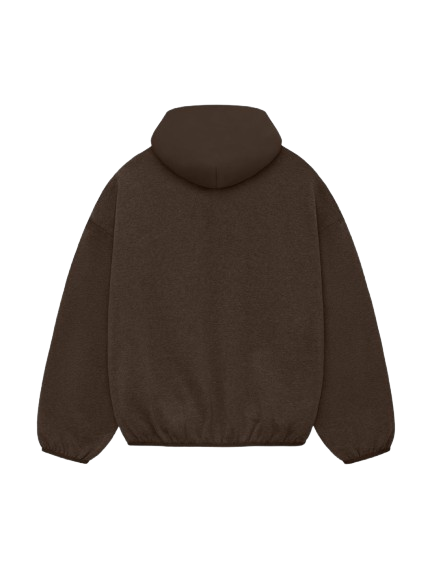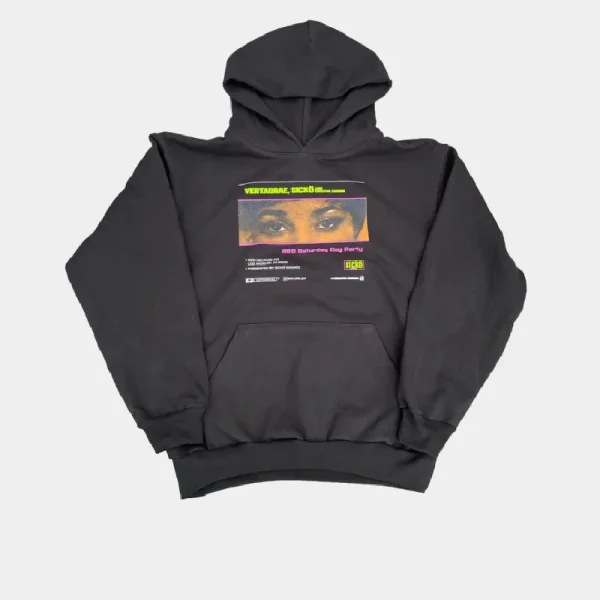In today’s world of endless beauty products, choose the right skincare products can feel overwhelming. With so many options, trends, and advice available, it’s easy to get lost. However, understanding your skin’s needs and making informed choices is crucial for maintaining healthy, glowing skin. This guide will walk you through everything you need to know to select the best skincare products for your unique skin type and concerns.
Know Your Skin Type
The first step in building an effective skincare routine is identifying your skin type. Your skin type will guide your product choices and help you avoid wasting money on items that aren’t suitable for your skin.
Identifying Your Skin Type
There are five primary skin types: oily, dry, combination, sensitive, and normal. Here’s a quick breakdown:
Oily Skin: If your face appears shiny and feels greasy, especially in the T-zone (forehead, nose, and chin), you likely have oily skin.
Dry Skin: If your skin feels tight, rough, or flaky, you may have dry skin.
Combination Skin: This skin type features both oily and dry areas, with oiliness typically in the T-zone and dryness on the cheeks.
Sensitive Skin: If your skin easily reacts to products, often becoming red, irritated, or inflamed, you may have sensitive skin.
Normal Skin: If your skin is well-balanced, neither too oily nor too dry, and rarely experiences breakouts, you’re one of the lucky few with normal skin.
Why Skin Type Matters
Your skin type determines the kinds of products that will work best for you. For instance, those with oily skin should look for oil-free and non-comedogenic products that won’t clog pores. Meanwhile, those with dry skin will benefit from hydrating and moisturizing products that lock in moisture. Understanding your skin type prevents you from using products that could exacerbate existing issues, like making oily skin oilier or drying out already parched skin.
Consider Your Skin Concerns
Beyond skin type, consider your specific skin concerns. Whether it’s acne, hyperpigmentation, aging, or sensitivity, addressing your skin’s needs with targeted products is key to achieving your desired results.
Targeting Specific Skin Issues
Everyone’s skin is unique, and so are their skincare goals. Here are some common concerns and how to address them:
Acne: If you struggle with breakouts, look for products containing ingredients like salicylic acid, benzoyl peroxide, or tea tree oil, which are known for their acne-fighting properties.
Aging: To combat fine lines, wrinkles, and sagging skin, turn to products that include retinol, peptides, or hyaluronic acid, which help stimulate collagen production and improve skin elasticity.
Hyperpigmentation: For uneven skin tone or dark spots, ingredients like vitamin C, niacinamide, and alpha hydroxy acids (AHAs) can help brighten and even out your complexion.
Dryness: If your skin feels dry and flaky, moisturizing ingredients such as glycerin, ceramides, and hyaluronic acid can help replenish your skin’s moisture barrier.
Sensitivity: Those with sensitive skin should stick to gentle, fragrance-free products that won’t irritate or inflame their skin. Look for calming ingredients like aloe vera, chamomile, and oat extract.
Recommended Ingredients for Common Concerns
Understanding which ingredients work best for your specific issues will help you create a skincare routine that delivers results. Here’s a quick reference for common concerns:
Acne: Salicylic acid, benzoyl peroxide, tea tree oil.
Aging: Retinol, peptides, hyaluronic acid.
Dryness: Glycerin, ceramides, hyaluronic acid.
Hyperpigmentation: Vitamin C, niacinamide, AHAs.
Sensitivity: Aloe vera, chamomile, oat extract.
Read Labels and Ingredients
Navigating skincare labels can be tricky, but understanding what’s in your products is essential to choosing the right ones for your skin.
Understanding Labels
When shopping for skincare, don’t be swayed by buzzwords and flashy marketing. Terms like “natural” and “organic” are often unregulated, meaning they don’t necessarily guarantee better or safer products. Instead, look for specific labels that offer more reliable information:
Non-Comedogenic: This means the product is less likely to clog pores, which is important for acne-prone or oily skin.
Fragrance-Free: Ideal for sensitive skin, as fragrances can often cause irritation or allergic reactions.
Dermatologist-Tested: Indicates the product has been tested by skincare professionals, though this doesn’t always guarantee it will work for your skin.
Key Ingredients to Look For
Knowing which ingredients to seek out or avoid can make a huge difference in your skincare routine. Look for:
Humectants: These help hydrate the skin by drawing moisture from the air. Examples include hyaluronic acid and glycerin.
Antioxidants: These protect the skin from environmental damage. Look for vitamins C and E, green tea, and resveratrol.
Emollients: These soften and smooth the skin. Examples include shea butter, squalane, and jojoba oil.
On the flip side, try to avoid products with harsh chemicals that can strip your skin of its natural oils, such as sulfates, alcohol, and artificial fragrances.
Patch Testing New Products
Before incorporating a new product into your daily routine, it’s wise to patch test it. This step helps you avoid potential reactions and irritation.
Importance of Patch Testing
Patch testing involves applying a small amount of product to a discreet area of skin (like your inner forearm) and waiting 24 to 48 hours to see if any redness, itching, or irritation occurs. If the area remains clear, it’s likely safe to use on your face.
What to Do if You Experience a Reaction
If you experience irritation or an allergic reaction during your patch test, discontinue use immediately. Cleanse the affected area gently, apply a soothing moisturizer, and consult a dermatologist if the reaction is severe or persists.
Be Skeptical of Marketing Hype
In the age of social media, it’s easy to be influenced by the latest trends and celebrity endorsements. However, when it comes to skincare, science should always take precedence over hype.
Don’t Fall for Trends
Skincare trends come and go, but your skin’s needs remain constant. It’s essential to research any new product or trend before incorporating it into your routine. Just because a product is popular doesn’t mean it’s right for your skin.
Trust Science Over Celebrity Endorsements
Celebrity-endorsed products often come with a hefty price tag but not necessarily better results. Instead, focus on scientifically-backed products that have been tested and proven to work. Reliable sources for skincare research include dermatologist recommendations, peer-reviewed studies, and brands with a history of successful products.
Adjust Your Routine Over Time
Your skin’s needs change over time due to factors like age, lifestyle, and environment. Regularly reassessing your routine ensures you’re giving your skin what it needs to thrive.
Skin Changes Over Time
As we age, our skin becomes less resilient and more prone to dryness, wrinkles, and pigmentation issues. Hormonal changes, diet, and external factors like sun exposure also impact your skin’s condition. It’s important to adjust your skincare routine as these changes occur. For example, introducing anti-aging products in your late 20s or early 30s can help combat early signs of aging.
Seasonal Skincare Adjustments
The changing seasons can also affect your skin. During colder months, your skin may require heavier moisturizers to combat dryness, while in warmer months, lighter, oil-free products may be more suitable to prevent clogged pores and breakouts. Adjusting your routine based on the weather helps keep your skin balanced year-round.
Conclusion
Choosing the right skincare products doesn’t have to be daunting. By understanding your skin type, addressing your specific concerns, reading labels carefully, and being mindful of trends, you can create a skincare routine that truly works for you. Remember, patience is key—results don’t happen overnight, so give your products time to work their magic. Start by assessing your current routine, make thoughtful changes, and enjoy healthier, glowing skin.










